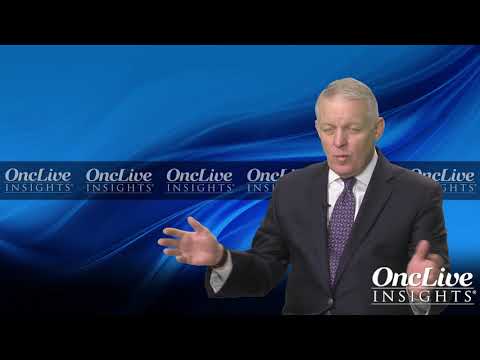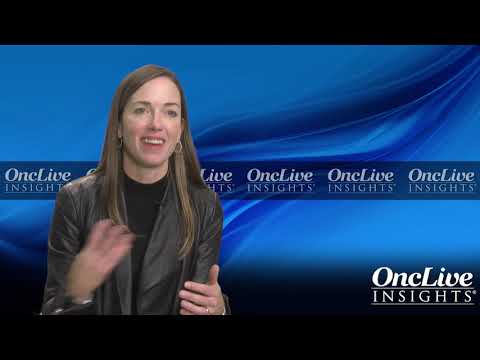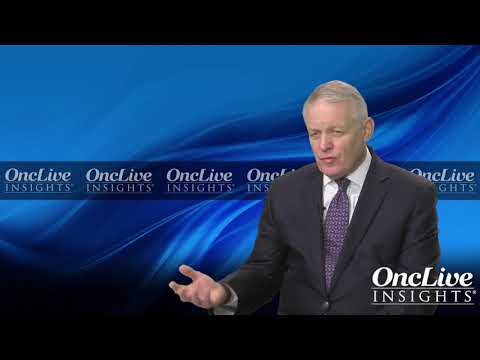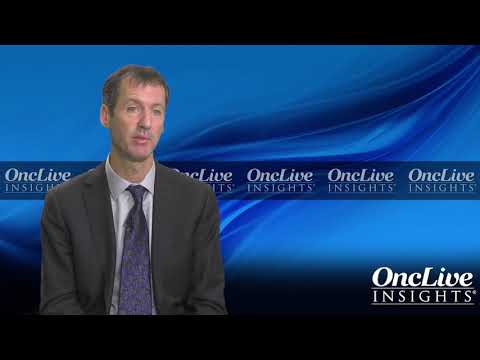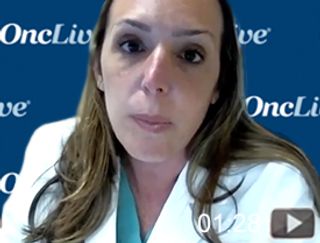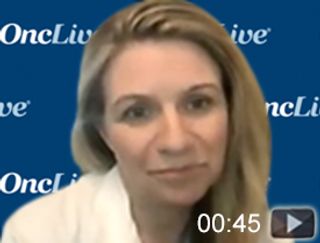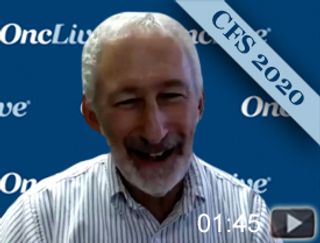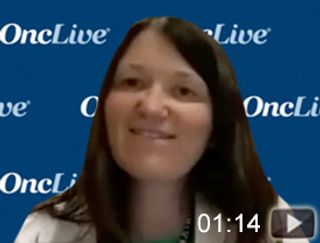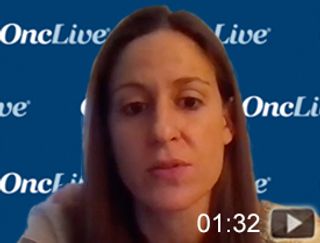
Ovarian Cancer
Latest News
Latest Videos

CME Content
More News
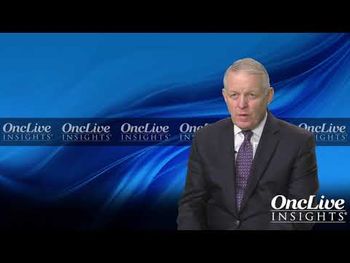
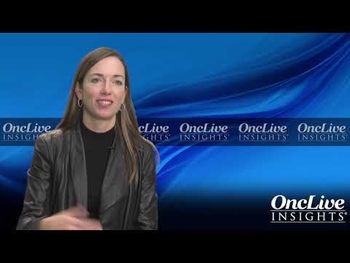
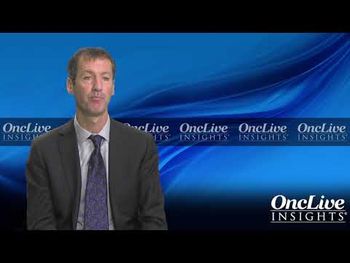
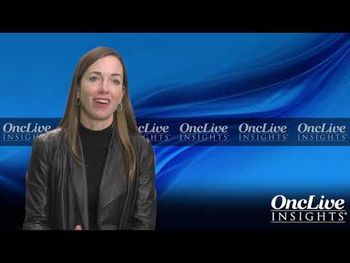
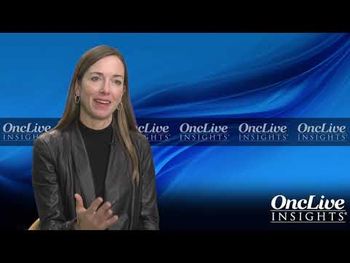
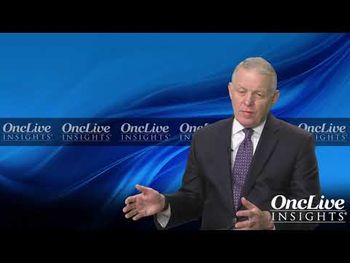
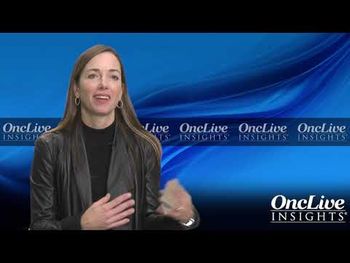
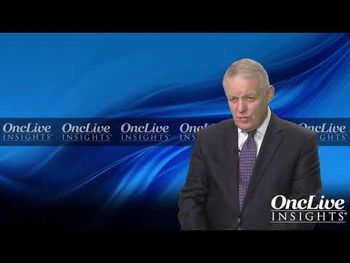
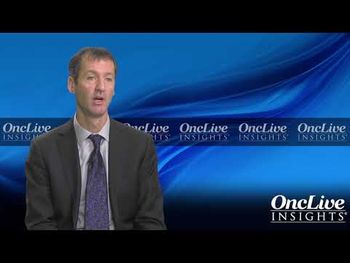
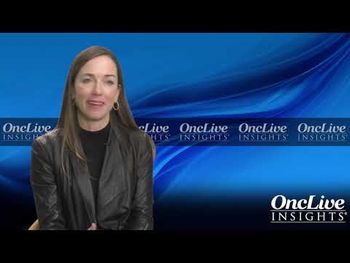
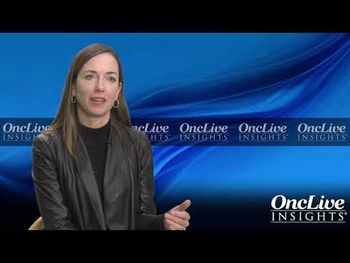
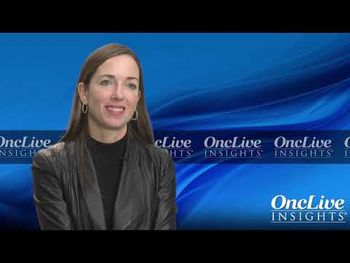
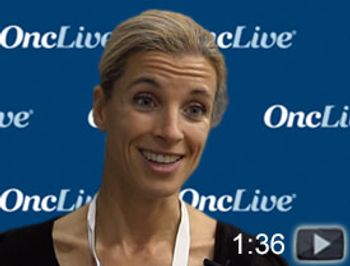
Floor J. Backes, MD, discusses the consideration of financial toxicity when choosing a PARP inhibitor for a patient with ovarian cancer.
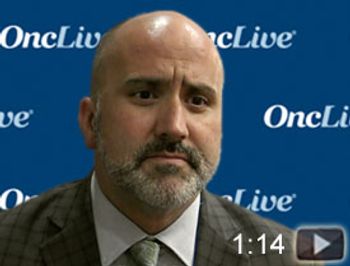
David O’Malley, MD, discusses remaining questions in the ovarian cancer field.
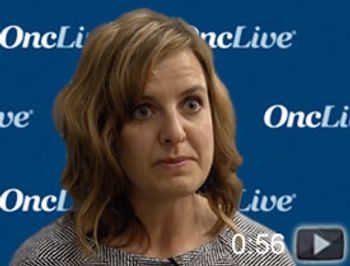
Leigha Senter, MS, LGC, discusses the development of genetic testing in ovarian cancer.
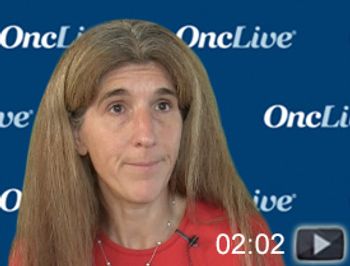
Kathleen Moore, MD, director, Oklahoma TSET Phase I Program, and associate professor, Section of Gynecologic Oncology, Stephenson Cancer Center, discusses treatment for patients with ovarian cancer who progress on a PARP inhibitor.
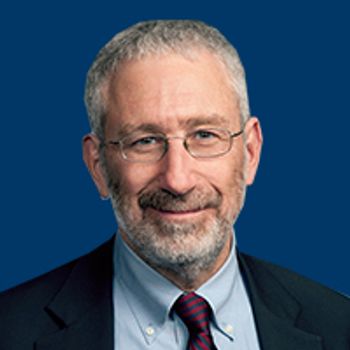
Placing the results of a single trial in the context of real-world, everyday practice is increasingly difficult because of the number of available options and the absence of studies that directly compare individual strategies.
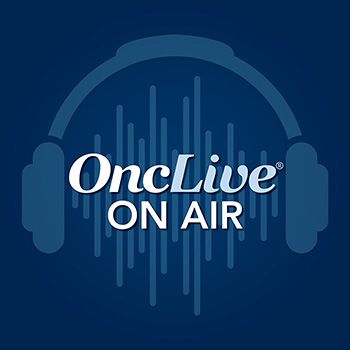
We traveled to Oklahoma City, Oklahoma, for a State of the Science Summit™ on Ovarian Cancer, which featured insights from the Stephenson Cancer Center faculty.
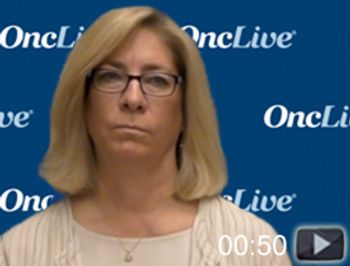
Leisha A. Emens, MD, PhD, discusses a potential future with immunotherapy in ovarian cancer.
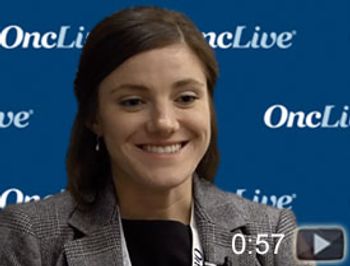
Sarah Crafton, MD, discusses the impact of PARP inhibitors on patients with recurrent ovarian cancer.
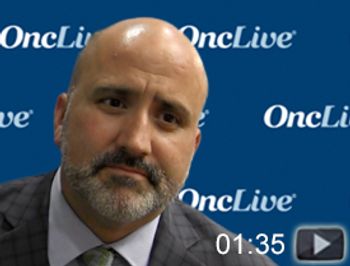
David O’Malley, MD, discusses ongoing clinical trials evaluating immunotherapy in patients with advanced ovarian cancer.

Casey M. Cosgrove, MD, gynecologic oncologist, The Ohio State University Comprehensive Cancer Center–James, and assistant professor, Department of Gynecologic Oncology, The Ohio State University College of Medicine, discusses retreatment with PARP inhibitors in recurrent ovarian cancer.

Although hereditary cancer risk was defined solely by family history in the not-so-distant past, today increasingly robust data may help define an individual’s heightened lifetime risk based on the presence of specific molecular findings within the germline

John Hays, MD, PhD, discusses investigational combinations of PARP inhibitors and immunotherapy in ovarian cancer.
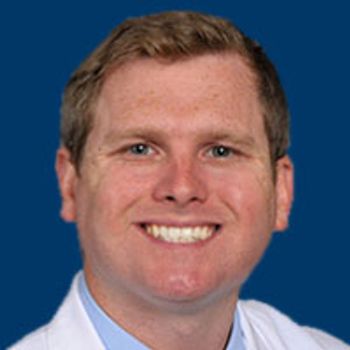
Casey M. Cosgrove, MD, discusses later-line treatments in ovarian cancer and ongoing research.


